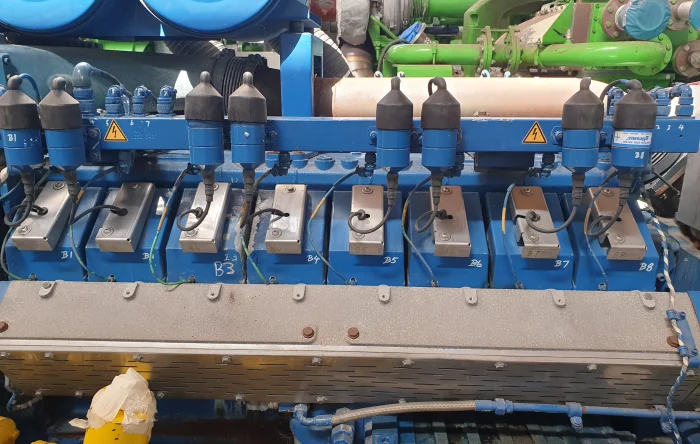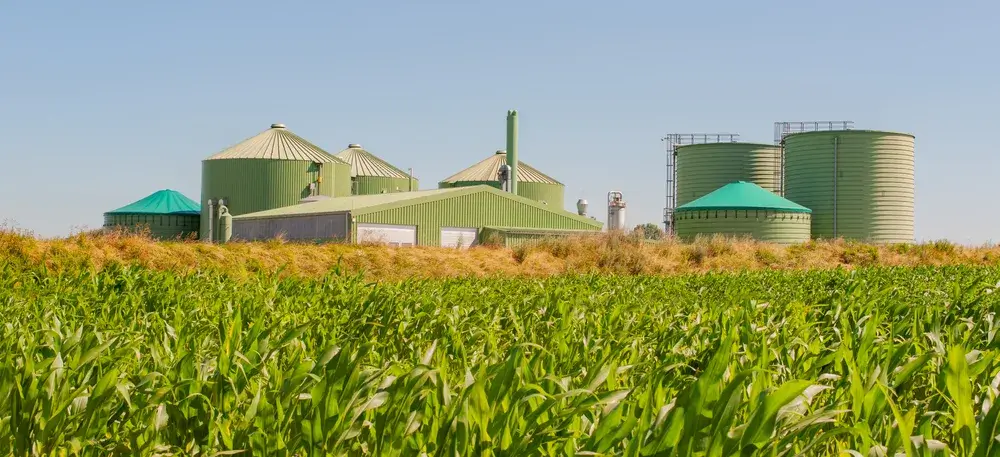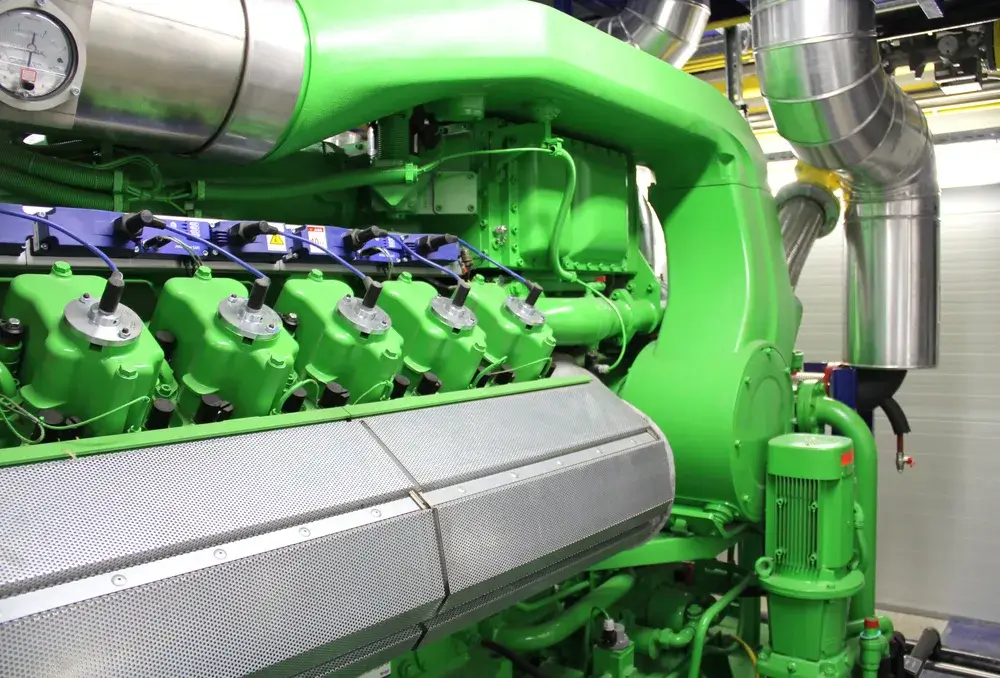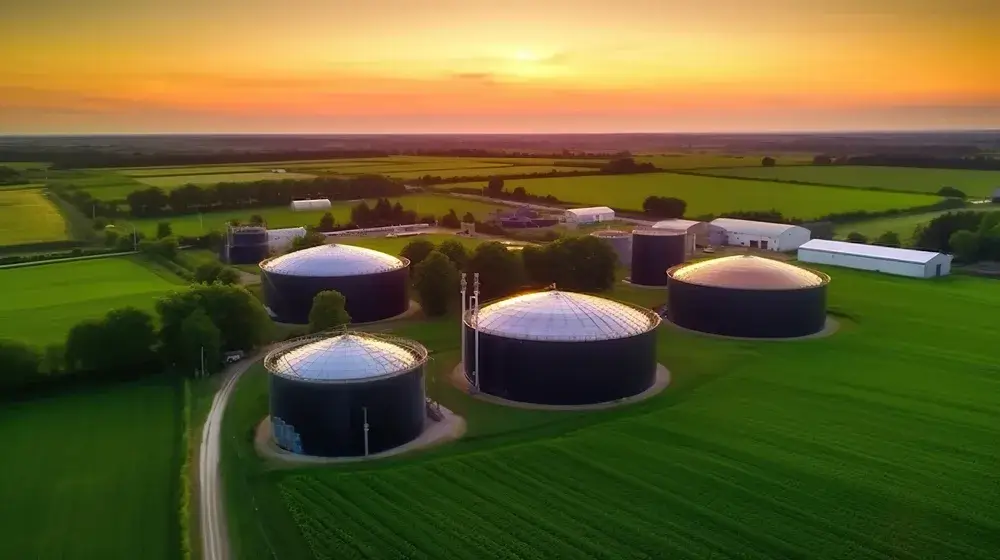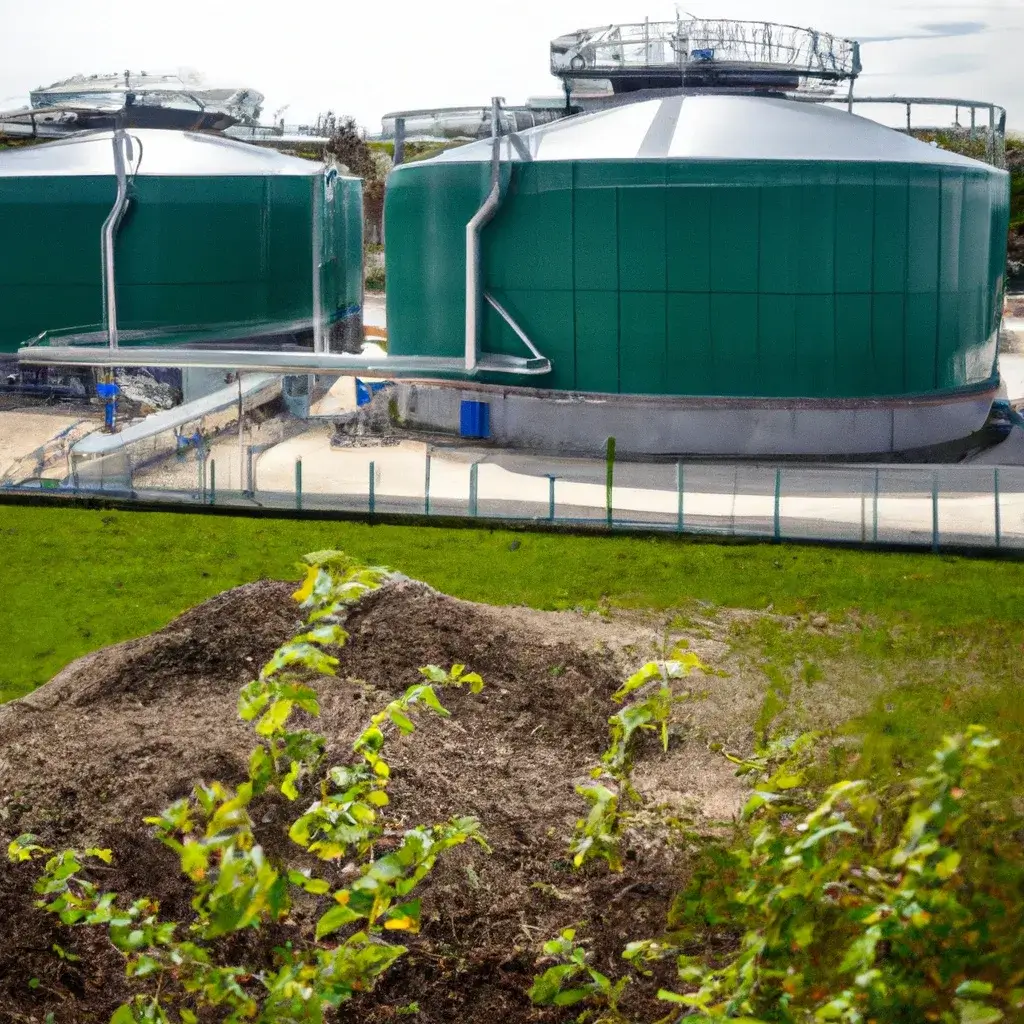What is the chemical formula of biogas?

Investigating on the chemical formula of biogas, one must first consider the origins of biogas. This renewable energy source is produced through the anaerobic digestion of organic matter. This process, involving the breakdown of materials like agricultural waste, manure, and municipal waste, generates a mixture of gases predominantly composed of methane and carbon dioxide, which makes it difficult to establish a fixed chemical formula.
In this article, we will explore the detailed composition of biogas, the various sources from which it is derived, its chemical formula, and its diverse applications. Additionally, we will highlight how PowerUP enhances the efficiency and effectiveness of biogas utilization through advanced maintenance and upgrade services.
The Composition of Biogas
Biogas is primarily composed of methane (CH4) and carbon dioxide (CO2), with methane typically making up 50-75% of the mixture. Other trace elements found in biogas include nitrogen (N2), hydrogen sulfide (H2S), ammonia (NH3), and water vapor (H2O). The specific composition can vary depending on the type of organic material and the production method used.
Methane is the key component that provides energy, making biogas a valuable resource for electricity generation and heating. Carbon dioxide, while not a fuel, plays a role in the combustion process. Trace elements like hydrogen sulfide need to be removed to prevent corrosion and maintain the efficiency of biogas systems.
Sources for Biogas
Biogas can be produced from various organic waste sources such as agricultural waste, manure, municipal waste, plant material, and sewage. Two primary methods of biogas production are anaerobic digestion and landfill gas recovery.
Anaerobic digestion involves breaking down organic matter in the absence of oxygen, typically in a biogas plant. This process is widely used in farming biogas systems to manage waste and produce energy. Landfill gas recovery captures methane emissions from decomposing organic waste in landfills, converting it into usable energy.
These methods illustrate the importance of renewable energy sources in reducing dependence on fossil fuels and mitigating greenhouse gas emissions.
Chemical Formula of Biogas
The chemical formula of biogas is not a fixed sequence of elements, as the gas is a mixture of different molecules with a varying composition – CH4 and CO2 make up the bulk of the gas. The typical formula can be expressed as:
CH4: 50-75%
CO2: 25-50%
N2: 2-8%
H2S: 0-2%
NH3: trace amounts
H2O: variable
The composition varies based on the type of organic material and the specific conditions of the production process. Methane’s high energy content makes it the most critical component, as it significantly impacts the efficiency of biogas as an energy source.
Uses of Biogas – More Efficiently with PowerUP
Biogas has diverse applications, including electricity generation, heating, and vehicle fuel. It is particularly advantageous in combined heat and power (CHP) systems, where it is used to generate both electricity and heat, maximizing energy efficiency.
PowerUP plays a crucial role in enhancing the efficiency of biogas utilization. We offer comprehensive services for gas engine maintenance, overhaul, and upgrades, ensuring optimal performance of biogas generators and engines.
PowerUP designs and provides high-quality gas engine parts, including replacement engines and components for MWM® and Jenbacher® gas engines, such as the Jenbacher® series 3, 4, and 6.
Using advanced diagnostics, tailored maintenance programs and services like condition-based overhauls, PowerUP helps reduce downtime, increase efficiency, and extend the lifespan of gas engines. Our expertise ensures that biogas plants operate at peak efficiency, contributing to a cleaner and more sustainable energy future.




